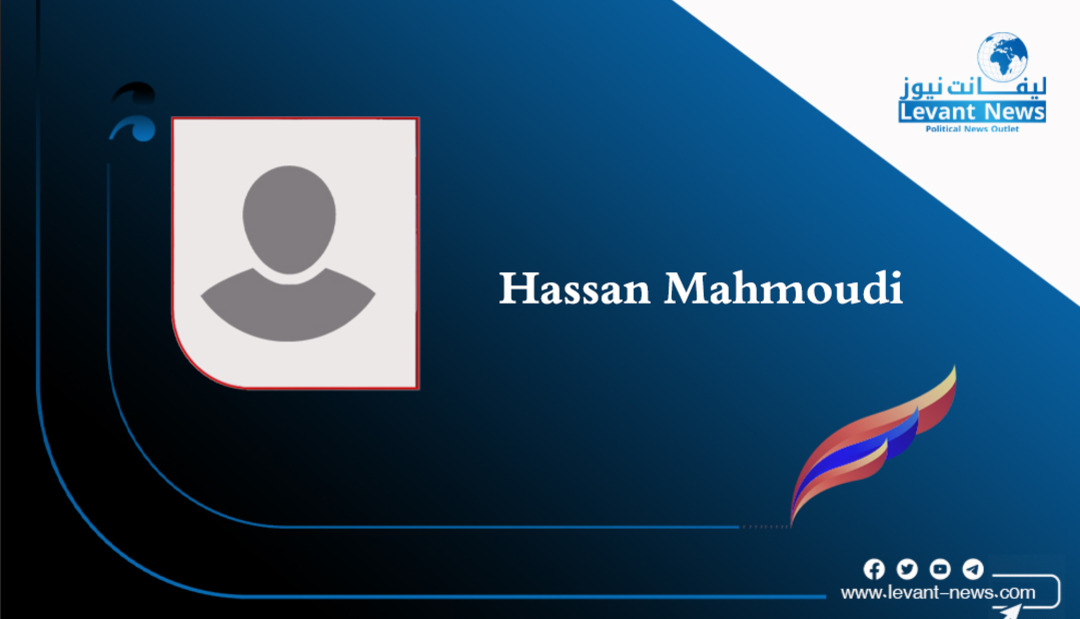-
The Regime's Budget: Priorities Serving Power, Not the People

Amid a severe economic crisis ravaging Iran, the regime continues to allocate billions of tomans to religious, propaganda, and loyalty networks loyal to Supreme Leader Ali Khamenei, neglecting citizens’ basic needs. A report published by the official "Khabar Online" agency on September 13 revealed the enormous funds allocated to these institutions, at a time when millions of Iranians suffer from inflation, poverty, and collapsing public services. This report, coming after public criticism from the regime's head, Masoud Beshazian, of "excessive allocations," exposes a stark contradiction: Beshazian himself signed the draft budget that he criticizes and submitted it to the parliament for approval.
This contradiction reflects an ingrained pattern within the Iranian system: officials publicly complain about lavish spending but continue to entrench and legitimize it. The 2025 budget, instead of focusing on national priorities such as improving public services or supporting the collapsing economy, continues to direct public resources toward ideological, propaganda, and military networks aimed at reinforcing authoritarian control rather than serving the public interest.
Funding Religious Institutions: Organized Plunder of National Wealth
The 2025 budget allocated huge sums to religious institutions overseeing networks of clergy loyal to the regime. The Supreme Council of Seminary Schools, responsible for managing religious schools, received approximately 9.05 trillion tomans. The Islamic Propagation Office in Qom was allocated 914 billion tomans, while the Islamic Propagation Organization and its 15 branches were granted over 6.25 trillion tomans, designated for projects such as "promoting the Mahdist and Awaiting faith."
Other religious institutions also received generous funding. The World Assembly of Ahl al-Bayt, affiliated with the Ministry of Culture and Islamic Guidance, received 191 billion tomans. Al-Mustafa International University, tasked with recruiting and training foreign clerics, was granted about 2 trillion tomans. The Alieh Al-Bayt International Complex, active in more than 140 countries, received 290 billion tomans for activities like "empowering Shia followers" in Africa. Even the Khameini Educational and Research Institute, known as "Mosaab Institute," received 454 billion tomans. These allocations reflect a system rooted in nepotism, draining national resources at a time Iran faces a severe economic crisis.
Propaganda and Cultural Domination: Priorities of the Regime
The budget reveals the regime’s obsession with controlling culture and public opinion. The Supreme Council of the Cultural Revolution, which shapes the ideological and cultural scene of the regime, received more than 1 trillion tomans. Meanwhile, 5.34 trillion tomans were allocated to the "West of the Remaining of the Lord Camp," a Revolutionary Guard base responsible for cultural and social operations. Subsidiaries include the Owj Organization for Arts and Media, known for producing large propaganda murals in Tehran, and the Sorar Institute.
The Iranian Broadcasting and Television Organization (IRIB), the country's largest propaganda machine under direct supervision of Khamenei, was allotted a staggering 30 trillion tomans—an amount far exceeding the budgets of most other institutions combined. These allocations illustrate the regime’s strategy to promote ideological dominance at the expense of public needs.
Nepotism Networks: Enhancing Influence at Citizens’ Expense
The nepotism network extends beyond religious and military institutions. The office of the regime's head himself received 8.56 trillion tomans, while entities associated with Ruhollah Khomeini’s family—including those run by his grandson, Hassan Khomeini—were allocated 560 billion tomans. This network of allocations demonstrates how the regime continues to funnel public wealth into structures designed to strengthen its ruling base, regardless of the cost to ordinary citizens.
Deep-rooted Mismanagement: A System Designed for Plunder
The "Khabar Online" report reveals a stark paradox: while regime officials describe these institutions as "non-essential" or "useless," they continue to embed their budgets into law. Far from reform or accountability, this pattern reflects a political system wherein mismanagement and favoritism are deliberate features, not exceptions. Amid the suffering of millions of Iranians from inflation and collapsing public services, the regime directs its vast resources toward religious indoctrination, propaganda, and nepotistic networks, exposing a state apparatus aimed at maintaining the dominance of ruling elites rather than serving the people.
The Voice of the People: Resistance Challenges the Regime
Amid this financial corruption and economic crises, the Iranian people’s resistance continues through popular mobilizations inside and outside Iran. On September 6, 2025, a massive demonstration took place in Brussels, involving tens of thousands of Iranians expressing support for the “Third Option” led by Maryam Rajavi, President of the National Council of Resistance of Iran, which advocates for a regime change .
By: Hassan Mahmoudi, Iranian researcher on political affairs
You May Also Like
Popular Posts
Caricature
opinion
Report
ads
Newsletter
Subscribe to our mailing list to get the new updates!




















